Allabar Women's Islamic School
The wife of an Islamic teacher founded this school in their home, in one of Kumasi's oldest Muslim neighborhoods. A long front room holds beginning, intermediate and advanced groups. It offers Arabic, English, math and sciences classes, and she has hired Muslim and non-Muslim teachers to present the full public school curriculum, although the school gets no government support. The students are mostly married women, who attend part time in between their family and work responsibilities.
Bantama Women's Fellowship
Bantama mosque serves a central Kumasi neighborhood that historically contained a large proportion of Muslim families before colonial rule. On Fridays, a group of women gathers under the supervision of the local Imam, to study the Koran and learn basic Arabic. On two Fridays they heard an explanation of this website project and were invited to record interviews for posting on it. Interviews were held in the large women's side chamber of the mosque before prayers began.
Tafo Women's Fellowship
Old Tafo lies along the main highway north from Kumasi, and was one of the earliest settlements for immigrant Northerners. As an old Muslim community it has several neighborhood mosques, and the imam of one founded a government-supported primary and middle school that offers instruction in the Koran and Arabic language along with the standard national curriculum. This group of women attends that mosque and meets on Fridays to learn Arabic and read the Koran. After hearing about the website project, those who agreed to record an interview for it met us in an empty classroom.
Women
Date: January 3, 1939
Format: Text/jpeg
This wronged husband is appealing to the Asantehene because he feels the chief of his ethnic community in Kumasi has been unfair.
Date: October 13, 1946
Format: Text/jpeg
Muslim traders settled freely in Kumasi after British conquest in 1898, but they had to negotiate a place for themselves politically and economically as a minority. Each immigrant ethnic group acknowledged a Kumasi headman, who maintained constructive relations with the Asante chiefly hierarchy and the British colonial authorities to protect their trading activities and legal traditions. Although most of the translations for this case will be from oral interviews, the paramount chief's archives contain valuable English language documents from earlier decades, such as petitions and court cases. The following sample document shows high-ranking palace officials mediating a conflict between male traders from Gao (Mali) and Asante women traders. Their rivalry over access to truckloads of yams arriving in Kumasi Central Market sparked several violent clashes between 1938 and 1952.
Date: 2006
Format: Image-MovingImage/mp4
"My Mum never gave up."
Date: 2006
Format: Image-MovingImage/mp4
"My uncle saw that I was not interested in marriage, so one day he just called me and said 'I want you to be married to your brother [cousin],' and it worked."
Date: 2006
Format: Image-MovingImage/mp4
"As I understood the teachings of Islam, I pledged to let my fellow Muslims also know more about Islam and the Koran. That is why I prefer teaching."
Date: 2006
Format: Image-MovingImage/mp4
"It is only me, a woman selling these double axles here. My family are proud of me as a woman selling this, because it is not easy for some women to learn this trade."
Date: 2006
Format: Image-MovingImage/mp4
"Next time that I greet you, with the grace of God you will also be a Muslim."
Date: August 21, 2009
Format: Image-MovingImage/mp4
"I don't think I can marry again."
Date: 1979
Format: Image-StillImage/jpeg
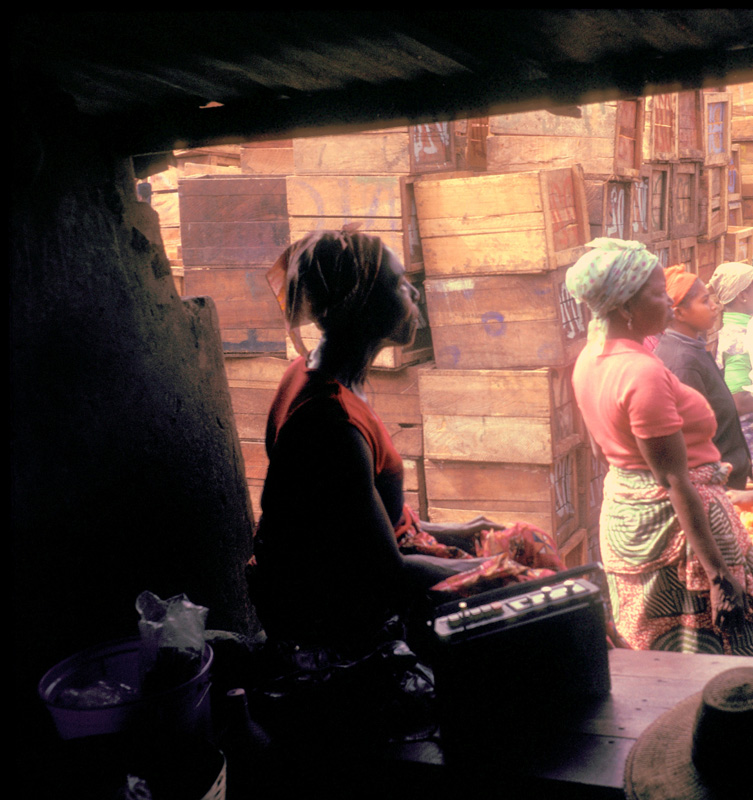
Silhouette of old lady at tomato yard.
Date: 1979
Format: Image-StillImage/jpeg
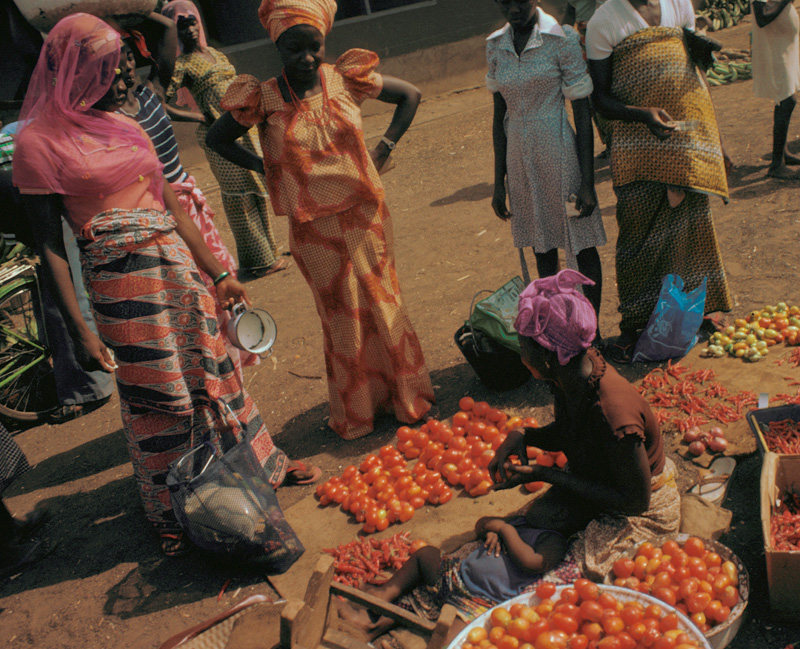
Customers standing, tomatoes on sack.
Date: 2006
Format: Image-StillImage/jpeg
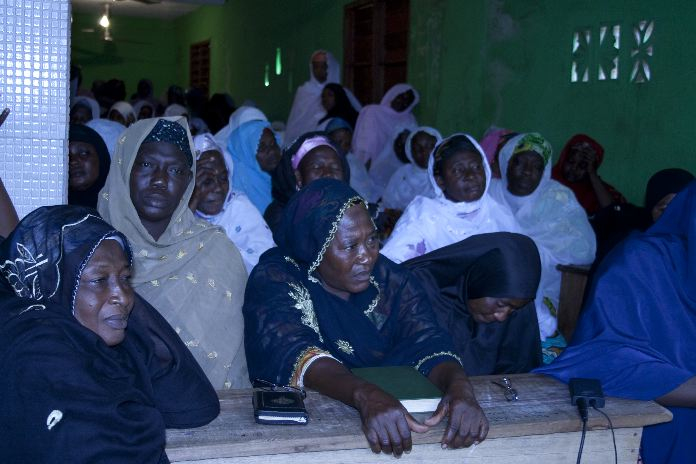
The Allabar Women's Islamic School main classroom in front of house.
Date: 2006
Format: Image-StillImage/jpeg
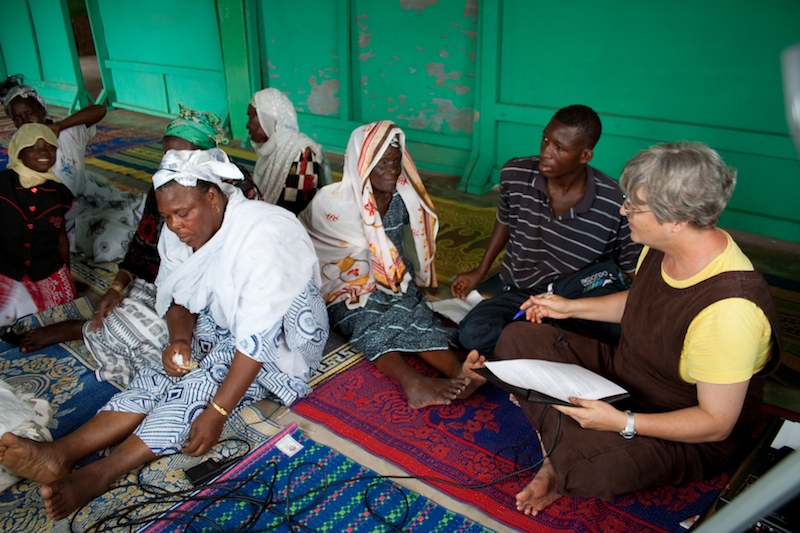
Interviews on the floor of mosque -- women's side.
Date: 2006
Format: Image-StillImage/jpeg
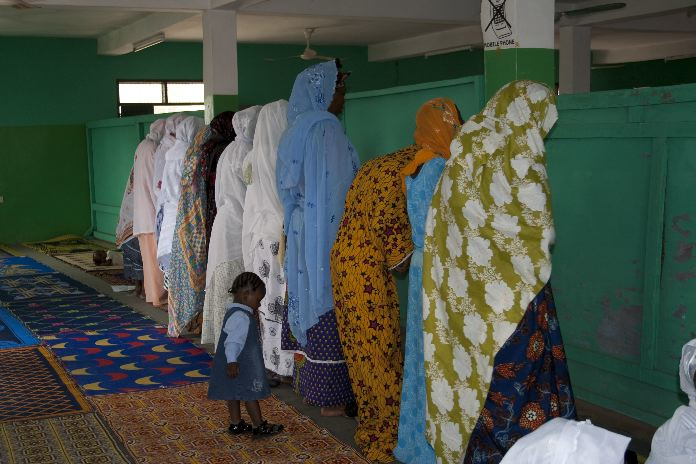
Small girl standing behind praying women in the mosque.
Date: 2006
Format: Image-StillImage/jpeg
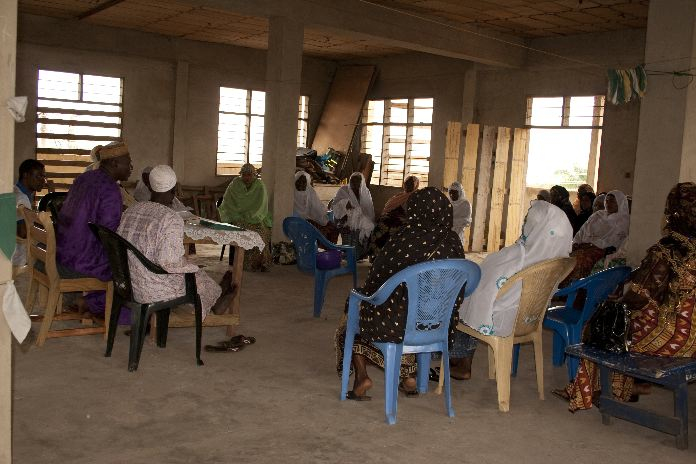
Women in chairs, men at table with books at the mosque.
Date: 2006
Format: Image-StillImage/jpeg
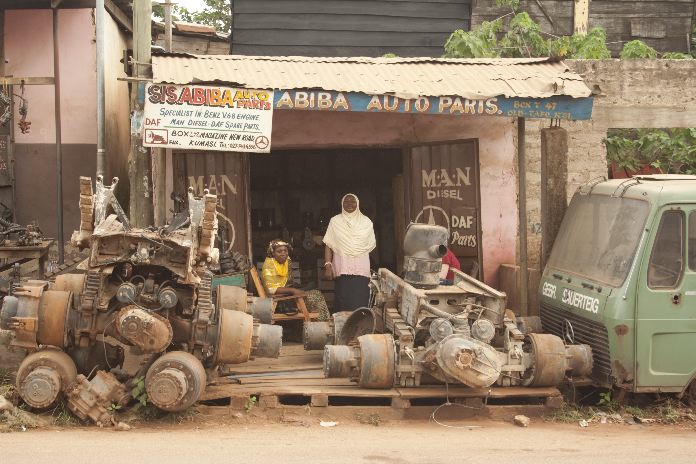
Hajia Habiba in her stall with double axles in Suame Magazine.
Date: 2009
Format: Image-StillImage/jpeg
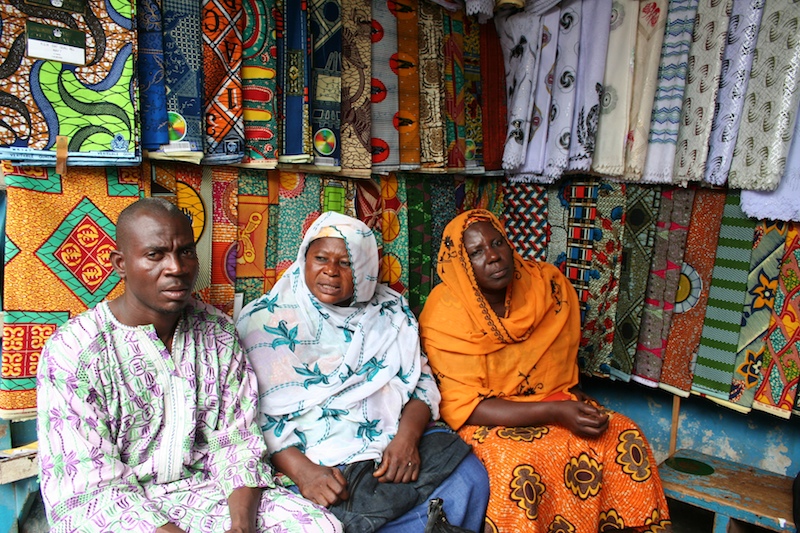
Two women and one man from Togo sit in cloth stall in Kumasi Central Market.
Date: 2009
Format: Image-StillImage/jpeg
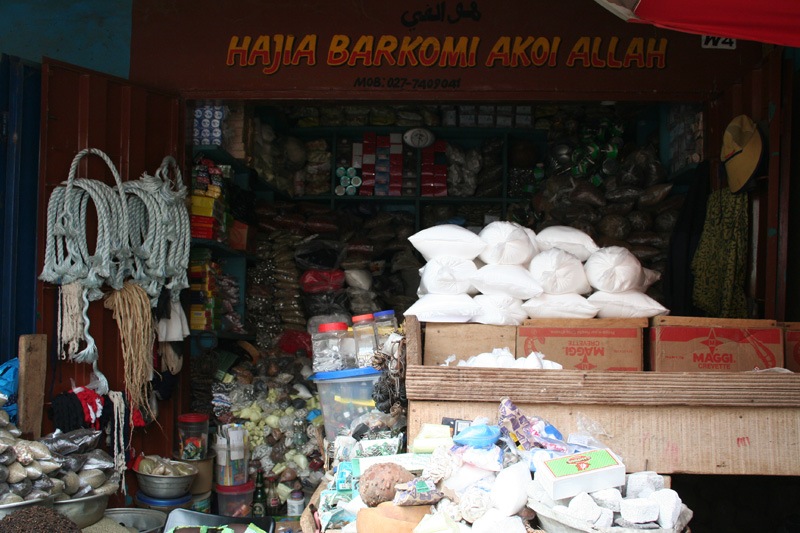
Herbalist stall in Kumasi Central Market.
Date: 2009
Format: Image-StillImage/jpeg
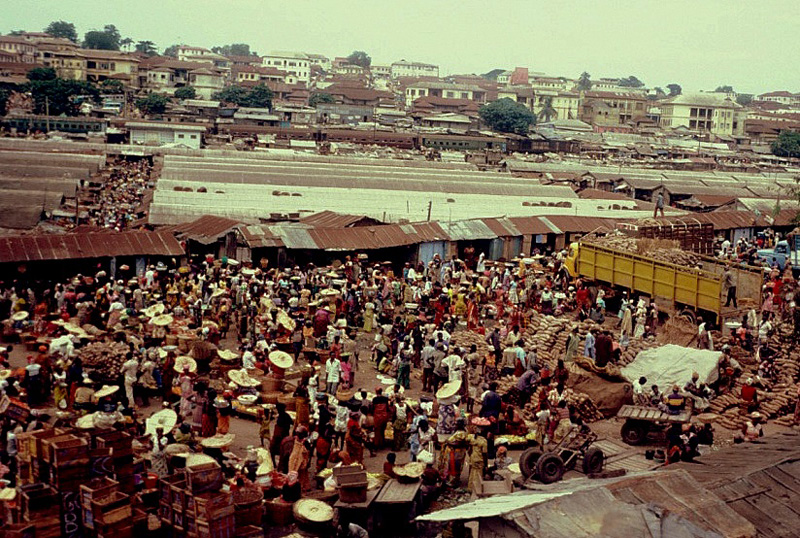
Overview of Kumasi Central Market from above wholesale yards.
Date: 2009
Format: Image-StillImage/jpeg
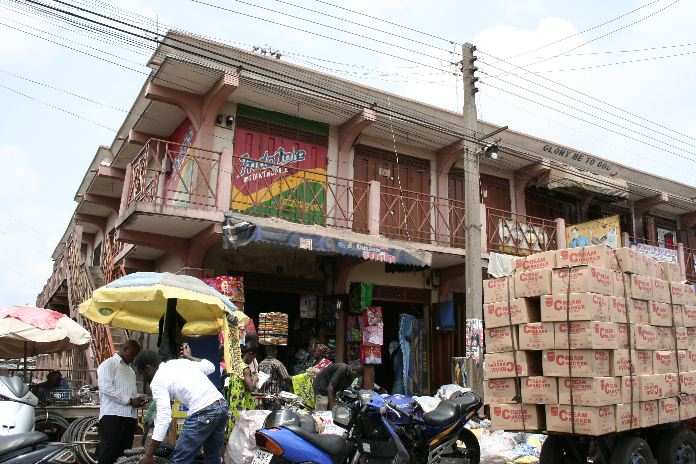
Commercial building in Old Zongo.







